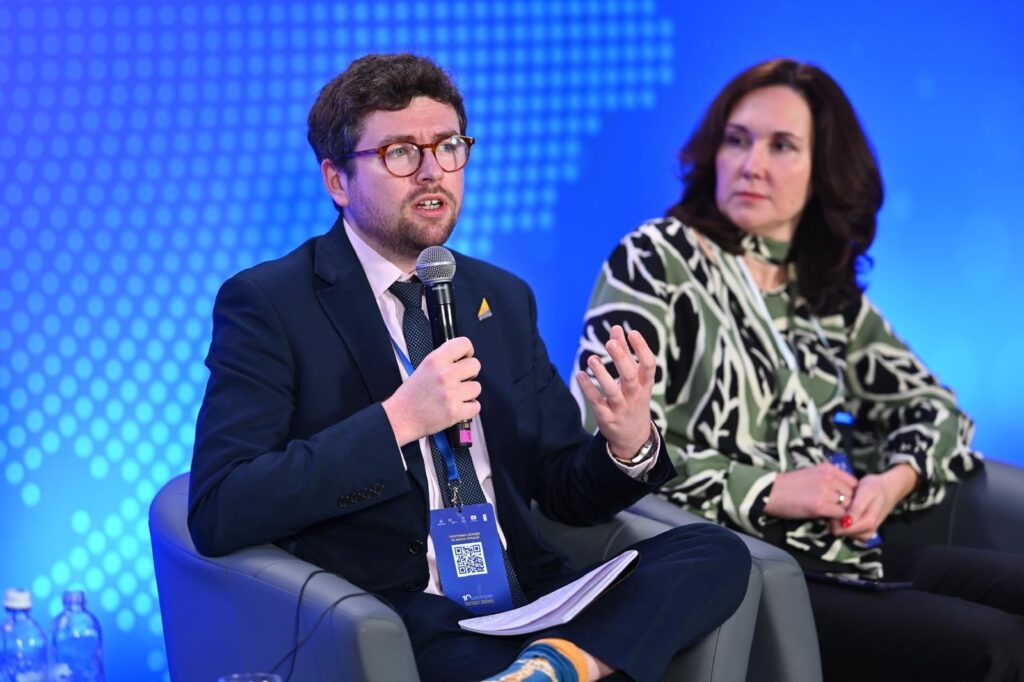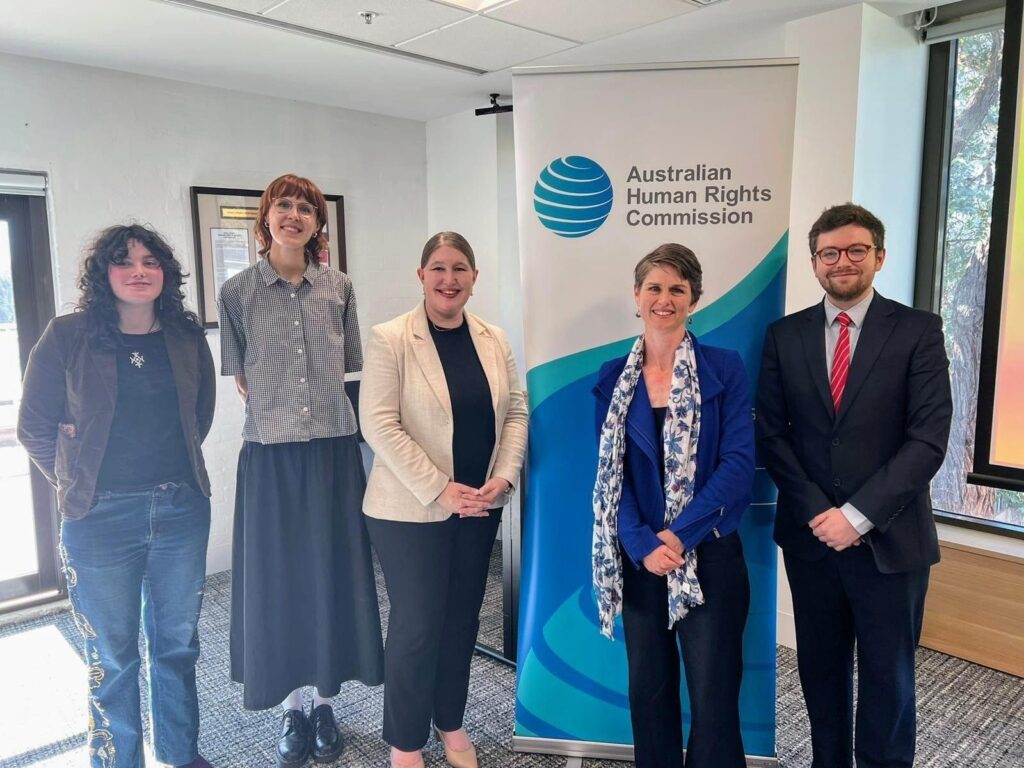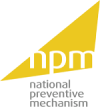Blog: Reflections on the UK NPM’s International Work
Head of the UK NPM, Sam Gluckstein, reflects on the UK NPM’s international work.
One of the most rewarding aspects of leading the UK National Preventive Mechanism has been seeing how deeply interconnected the global community of detention oversight has become. Although our mandate is firmly within the UK, the principles that underpin our work such as prevention, independence and human rights are universal. Over the past year, I’ve been reminded that we have as much to learn from others as we have to share.
Strategic objective 4 of the UK NPM Business Plan is to “liaise and work with international mechanisms and organisations with a mandate to prevent ill treatment of detained people” – this work is important to strengthen and consistently challenge and reflect on our approach and methodology.
The UK NPM’s engagement with partners around the world has grown in both depth and reach. We have led and participated in work in Australia, Ukraine, Kyrgyzstan, Peru, Chile, Belgium, Ireland, Austria, Denmark, Poland, Jersey, South Korea and more. These connections are built on shared purpose to prevent ill-treatment, to strengthen oversight, and to promote dignity for all people deprived of their liberty.

Shared challenges and mutual learning
Every few months, representatives from across Europe gather at the Council of Europe’s NPM Forum in Strasbourg – a unique space that brings together national mechanisms to share learning and confront shared challenges. These meetings are a reminder that although our contexts differ, the questions we face are strikingly similar: How do we ensure real independence in practice? How do we engage constructively with governments while remaining critical friends? How do we keep prevention at the heart of what we do, rather than slipping into reaction?
The UK NPM has long been an active contributor to this forum, and our colleagues across Europe continue to look to us for ideas, reflection and solidarity. But the learning is mutual. Recent exchanges have sparked new thinking on everything from trauma-informed approaches to inspection, to ways of monitoring digital access and restraint. It is often in the informal moments such as conversation over coffee between sessions that deep insights can emerge.

The UK NPM has increasingly been asked to share its experience with newer or evolving mechanisms around the world. Over the past year, we’ve worked with peers and partners in countries at different stages in developing or refining their preventive systems. Sometimes this has meant providing strategic advice on how to design a multi-body NPM structure, drawing on the UK’s own model of coordination across 21 members. At other times, it has involved upskilling visits and workshops – supporting colleagues to strengthen methodologies, build relationships of trust with detaining authorities, or navigate the complex realities of access and confidentiality.
These exchanges are never one-way. We come away inspired by the innovation, energy and context-specific insight that newer NPMs bring. Many are operating in challenging environments, yet show remarkable resilience and creativity in keeping prevention alive. Their determination is a powerful reminder that oversight is not a static system but a living practice that must continually adapt.
Strengthening oversight through international partnership
The UK NPM has, over time, earned a global reputation as one of the most established and effective preventive mechanisms in the world. That reputation rests on the credibility of our members, the rigour of our methods, and the openness with which we engage. Internationally, we are seen as both a model and a partner and a mechanism willing to share its lessons learned, including our mistakes. We are the largest and most complex NPM in the world, with 3500 people carrying out the OPCAT mandate and 21 statutory bodies. This diversity allows us to contribute meaningfully to global discussions about conditions and treatment.
Our international engagement is not only an outward-facing exercise. Exposure to different models of inspection and dialogue challenges us to question our own assumptions. Seeing how another mechanism approaches monitoring in rural settings, or how they handle follow-up with authorities, can spark reflection on how we might do things better at home.

In the past year, I’ve been particularly struck by the importance of cross-learning on mental health monitoring, children’s detention, and approaches to accountability. Our international peers have developed impressive tools and frameworks in these areas and as we adapt and apply them within the UK context, our collective standard rises.
We also have a deep and meaningful partnership with the global NGO the Association for the Prevention of Torture. Our work with the APT has enabled us to collaborate on areas such as the recent Global Study on Women in Detention and share models of good practice.
OPCAT recognises that the prevention of torture and ill-treatment is a shared human responsibility, not a national endeavour. When we come together as a global network, we reaffirm that the treatment of people in detention is a measure of our shared humanity.
As we look to the year ahead, the UK NPM will continue to strengthen these international links participating actively in the Council of Europe’s Forum, contributing to global conversations on standards, and responding to requests for peer support wherever we can. We will also continue to welcome others to the UK to learn from our model and from the expertise of our members.
In a world where detention powers are expanding and human rights norms can feel under strain, this global collaboration matters more than ever. The exchange of knowledge, skills and experience across borders helps to sustain our collective capacity to prevent harm. It also gives us hope because for every challenge we face, somewhere in the world another NPM has faced it too, and (hopefully!) found a solution.

